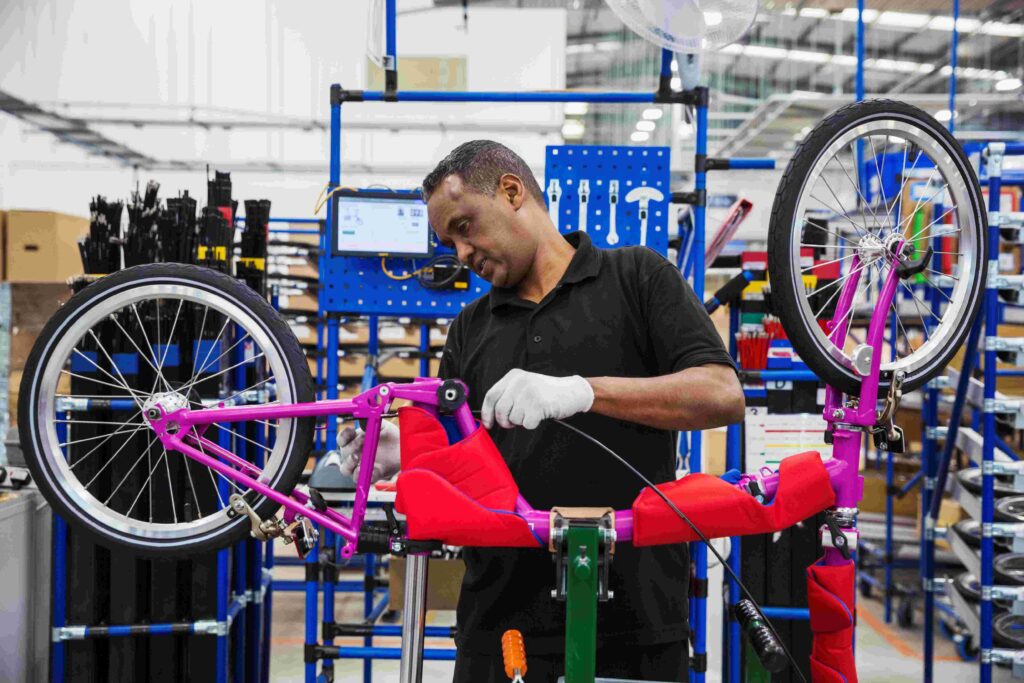
Remote Work: Pros and Cons for Businesses and Staff
The transition to working from home (WFH) has become a defining feature of the global workplace landscape, propelled by the COVID-19 pandemic. This shift has presented both opportunities and challenges for businesses and employees alike. For some organizations, remote work has offered cost savings on premises and an improvement in staff happiness. However, others face concerns over productivity and the quality of work. For employees, the picture is equally mixed. While many cherish the flexibility and time saved on commuting, the precariousness of the world economy and job security looms large. As companies navigate these waters, the decisions they make about remote work will have lasting implications on their operational models, culture, and financial health.
Recent studies have shown a significant rise in remote work, with a stabilization in the number of workers operating remotely in 2024. As of a September 2023 snapshot, 14% of full-time employees are fully remote, 57% are in-office, and 29% work in a hybrid model. Employee preferences lean strongly towards flexibility, with 98% expressing a desire to work remotely at least some of the time.
Adopting a WFH model can lead to substantial cost savings for businesses, particularly in reduced overheads associated with physical office spaces. On the flip side, companies must invest in technology and infrastructure to support remote work effectively. For those choosing to return to the office, the financial implications include the costs of premises, whether through new investments or refurbishing existing spaces.
Employee Well-being and Productivity
Remote work has had mixed effects on employee well-being and productivity. Gallup’s 2024 workplace trends indicate that while employee engagement is on the rise, so is worker stress, with record high levels sustained since the pandemic. The management of remote teams and the fostering of a connected organizational culture are pivotal in navigating these challenges.
The future of work appears to be hybrid, with organizations needing to develop long-term strategies that accommodate both remote and in-office work preferences. Effective hybrid models can reduce burnout, improve retention, and expand talent pools, but require thoughtful implementation to ensure communication, collaboration, and culture thrive.
The shift towards remote work is reshaping the landscape of employment and corporate operations. As businesses and employees adapt to these changes, the success of this transition will largely depend on how well both parties can negotiate the benefits and challenges of remote work. The path forward will require flexibility, investment in technology, and a commitment to maintaining an inclusive and productive work culture.
Fit To Lend: Specialist in Commercial Finance, offering advice, support, and a comprehensive range of solutions.
FINANCE MADE CLEAR, SUCCESS MADE POSSIBLE
Supporting Business With Finance That Fits























Property finance products
other business finance products
YOUR PROJECT, OUR MISSION
Supporting Business With Finance That Fits

































